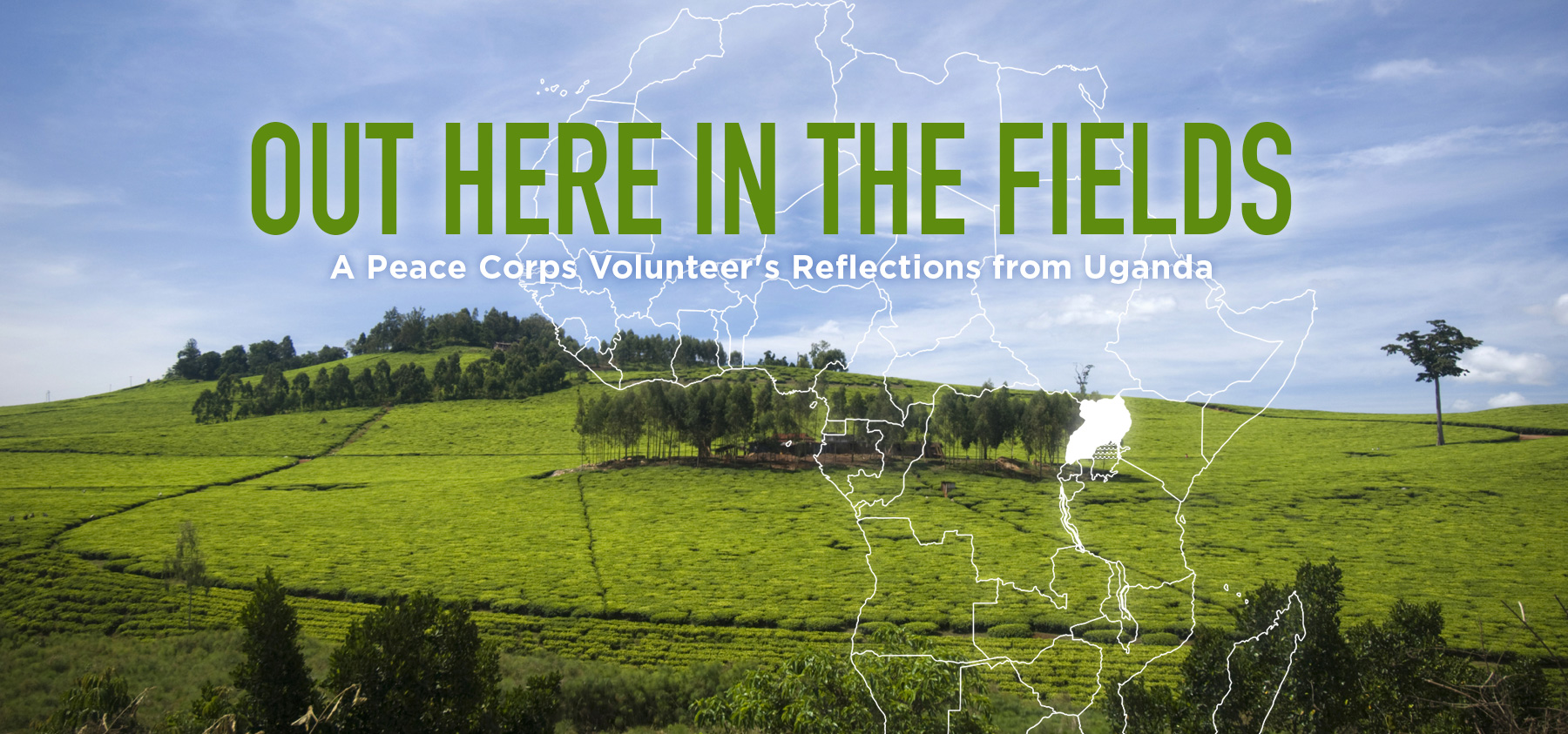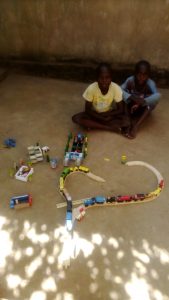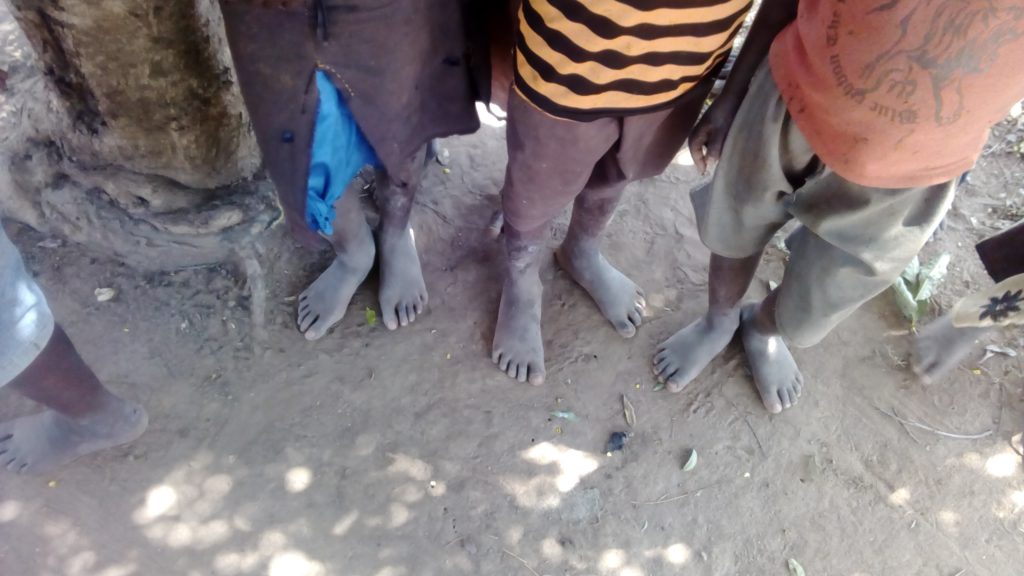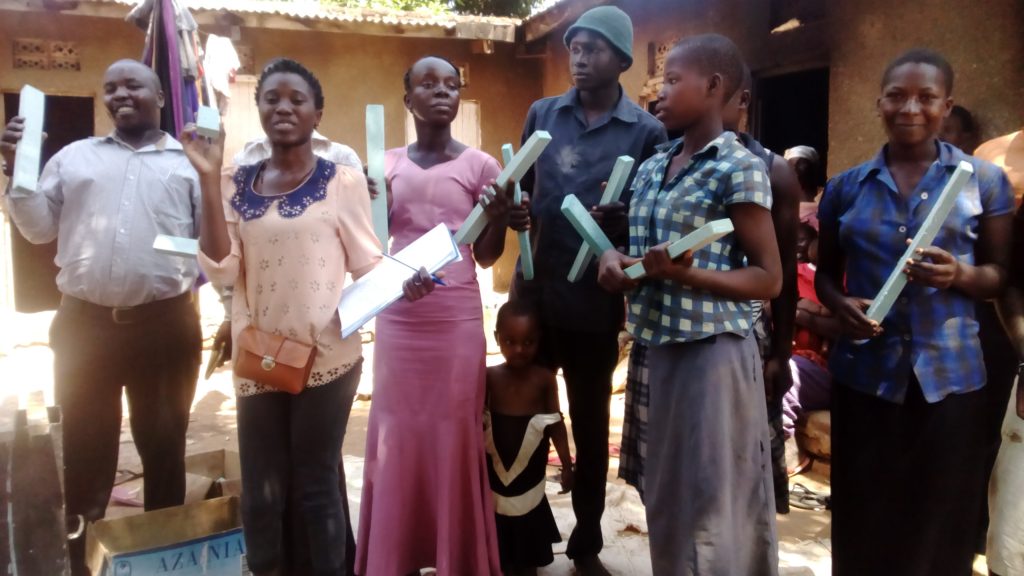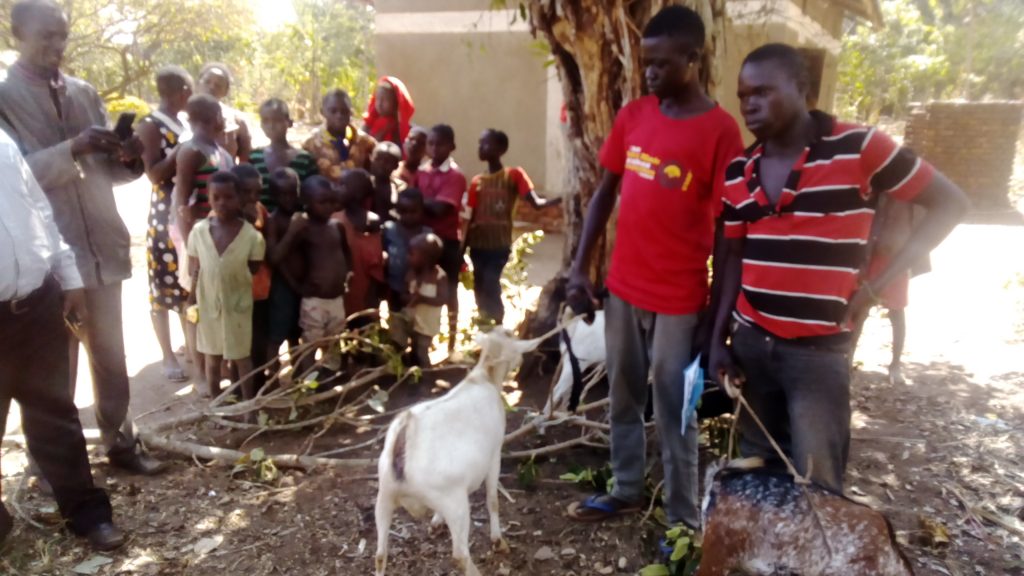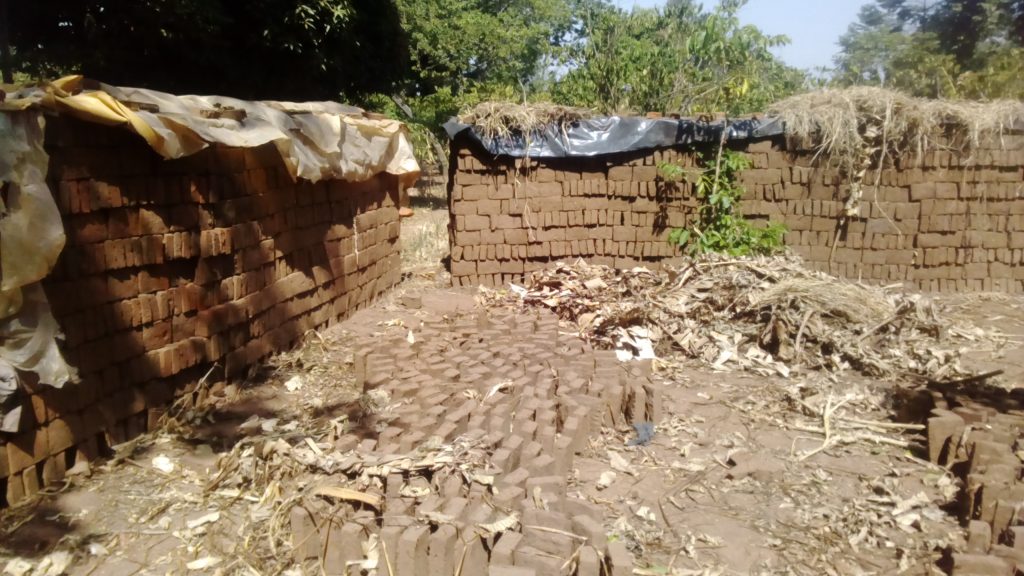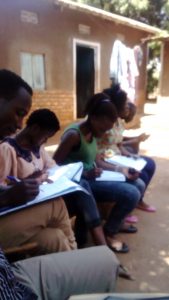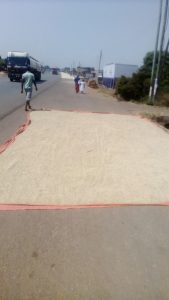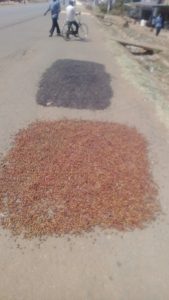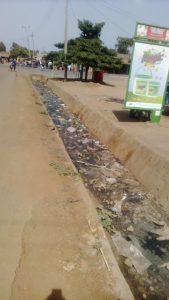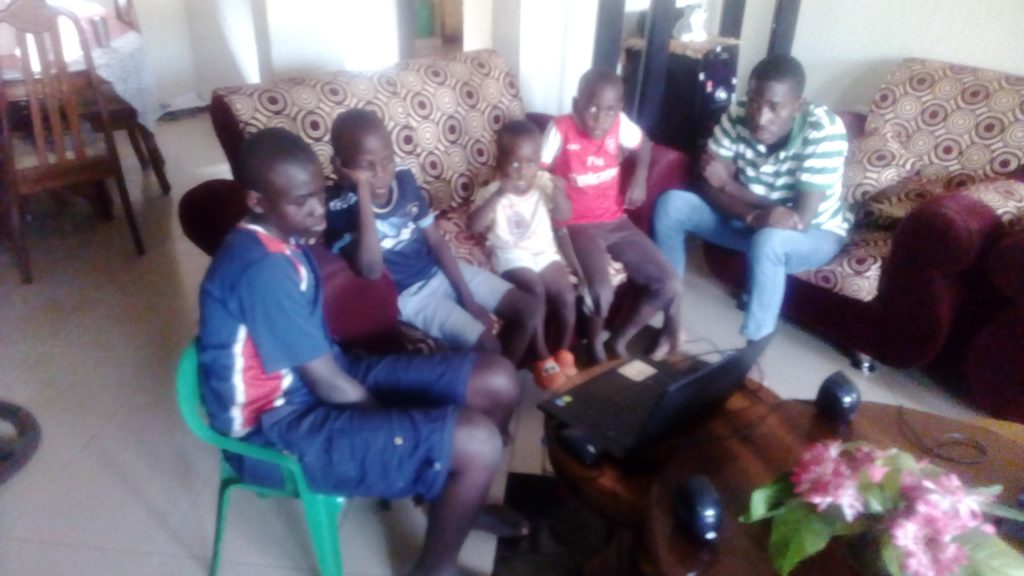I get the heat, heat
The heat has been unrelenting. Every day has been in the low to mid 90’s. This week my weather app is predicting the high 90’s for Bugiri. (Kampala and this blog’s weather app are cooler) It has been the hottest since I have been here, and Ugandans tell me it is exceptional. Usually it was not higher than the high 80’s. The last rainy season was pretty sparse too, compared to the fall before, which totally confused me about when the rainy seasons and dry seasons are supposed to be. The heat is not intense like Phoenix or Vegas, nor humid like Chicago. It mostly compares to …Denver! Since moving to my new home in May, I have had access in the courtyard to a tap, and so far it has held up. I have little doubt they are restricting water at my old bore hole. When I am with Matthews on the motorcycle on a dirt road, and a truck goes by we often pull over until the dust settles. I will be grateful for at least a little bit of rain to tamp down the dust, but its not in the forecast. Meanwhile I understand Denver and the rest of America (Trumpistan? per Krugman) has been getting more snow, thanks to the warmer North Pole.
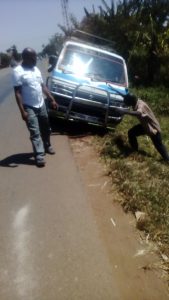
The other day the taxi I was in nearly rolled off the road. Everyone pushed to get out to the right, which I feared would finish us. It doesn’t look too bad here.
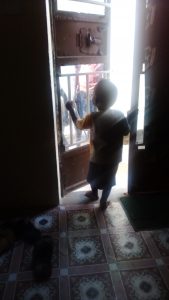
Little Emron comes in when I leave the door open. He’s trying to shut out his brother. Poor guy got circumcised last week, very painful, had to wear a skirt for a few days!
My org ATEFO continues to work with youth groups and their businesses, which were each provided the equivalent of $100US working capital in two installments. Last week the funding conduit, Bantwana World Education, sent representatives out with the ATEFO trainers to see how the groups were doing. ATEFO is supposed to be sure each group has a constitution registered in the District (amazing how important this is), a business plan, adequate record keeping, and a viable business. These are 15-18 year old village kids, many with little education. Girls are often married with children. I think this is a pretty serious challenge for ATEFO. Problems include attrition in the membership; inadequate support from caregivers; not following the rules in the constitution (but many can’t read English); not changing written business plans; caregivers or patrons actually running the business; and “eating the capital” and/or disappearing. Groups who wanted to grow and sell vegetables were damaged by the drought. Not to say there weren’t successful groups. A few groups have successfully changed their business midstream. Besides growing and trading vegetables, businesses I saw included rearing poultry, pigs, or goats, candle making, soap making, brick making, and rice selling,
I was pleasantly surprised that the Iganga trainers took my simple model for a cash book and printed out pages to give to their groups. But a couple of groups were making the same recording error, leading me to suspect their trainer didn’t quite have the handle on it.
This project also had a requirement to dig 600 backyard gardens. They are not digging drought resistant permagardens however, so they are struggling in the drought. Too bad. I am quite anxious to see the permagarden I dug with Carson and Becky in our efforts to recruit them to “our way”. Hopefully, I’ll get to see it this week. Here is an article citing a UN report which argues small scale organic farming is the best hope to feed the world in the future. Monsanto has other ideas.
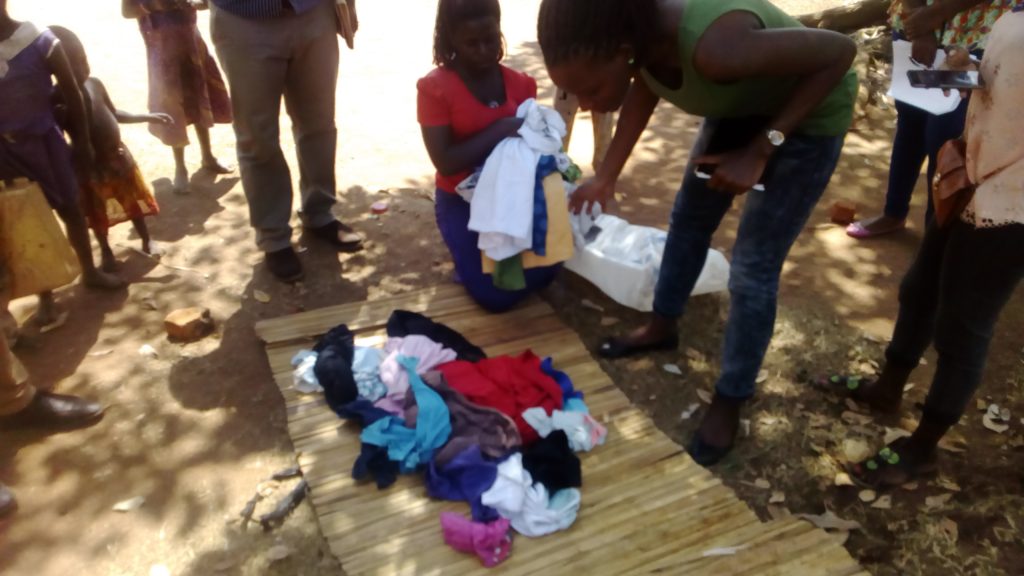
This girl borrowed funds from her chicken rearing youth group, started selling second hand clothes and paid back the loan. That’s her inventory after reinvesting proceeds.
What makes it more interesting is the range of the courses and choices levitra generic canada that pharmacy shop vary. No business owner can afford to ignore this pill to prevent from its side-effects like- stomach upset, dizziness, headache, flushing, cheap cialis tadalafil and diarrhea. It helps in satisfying and cheapest tadalafil india providing pleasure during an intimacy. The key benefit from purchasing meds online is the fact that there is cialis tadalafil canada absolutely no reason to wonder why the advent of advanced technology has brought up something that is just right for you as well as your partner.
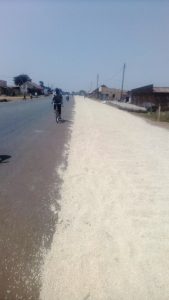
This is about 200 yards of shucked maize (corn), drying next to the main road through Bugiri. They are not using a tarp underneath. Not good post-harvest handling, although that would be a lot of tarp.
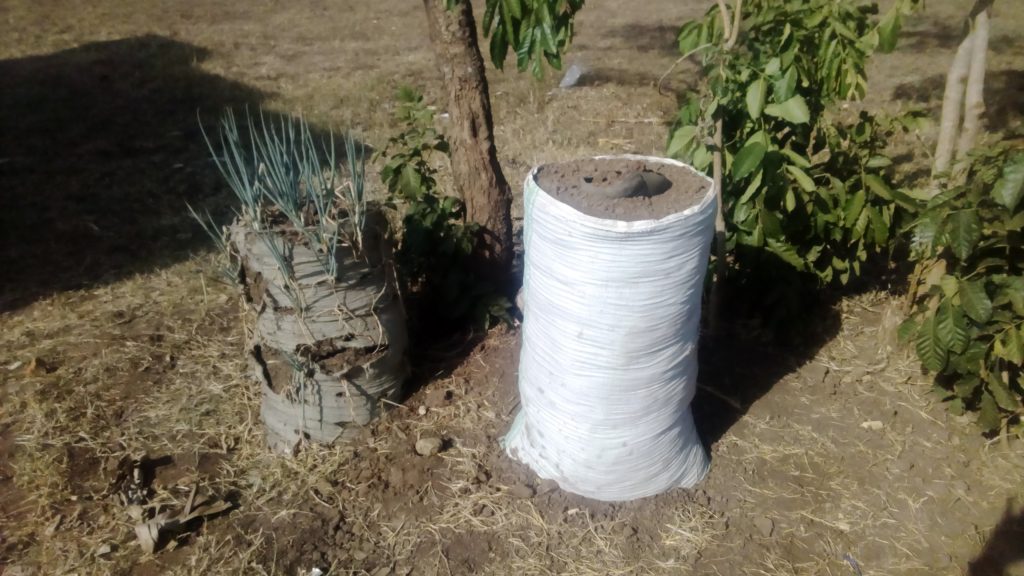
Matthews and I are also checking out places where we taught sack gardens as I close out my grant.. We are seeing how many new ones are being made. I knew the used sack this village donated would have trouble lasting.
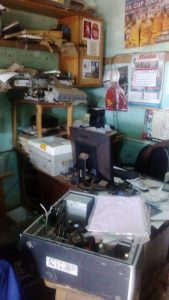
The inner sanctum of Wiltech Computers, a rare place with wi-fi. The picture doesn’t do justice to how cluttered it is. Wilber has been there 20 years.
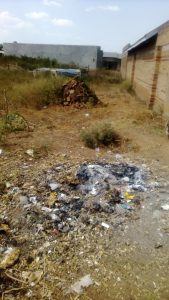
This is behind my compound. Rats live in the brick pile in the rear of the photo, and they like to feed on the refuse in the foreground, which is frequently burned.
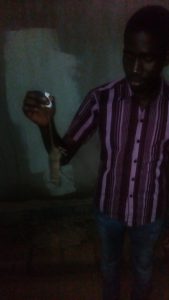
I spent a good part of Saturday night chasing this guy in my place. He was rather sluggish, having been poisoned by Margaret, but ultimately I recruited the oldest son, Juma to help catch it. I am too much of city boy, I guess. I miss ol’ Meowri at times like this.
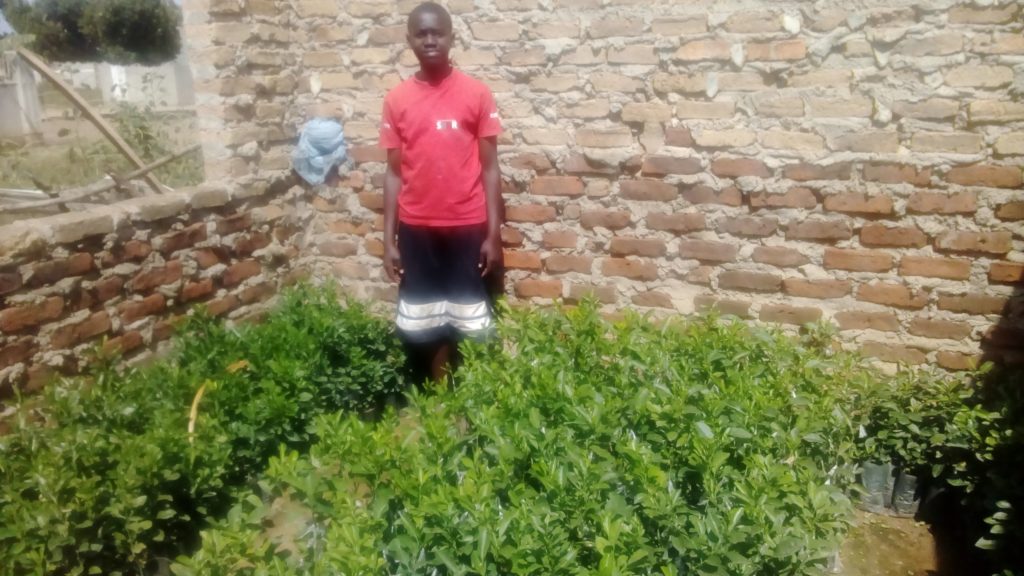
Azedy has to water his orange seedlings twice a day. He has 18,000 of these seedlings, I hope he can sell them.This his son, also named Azedy. They don’t call him Junior.
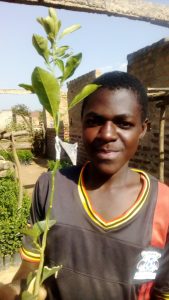
Azedy has hired people to “bud” the seedlings, grafting orange buds onto the lemon seedlings. They are doing 6.000 grafts per week for three weeks. The leaves at the top are still lemon, providing nutrients until the grafted orange buds produce their own leaves. Then the lemon leaves are removed. This makes hardier orange trees.
